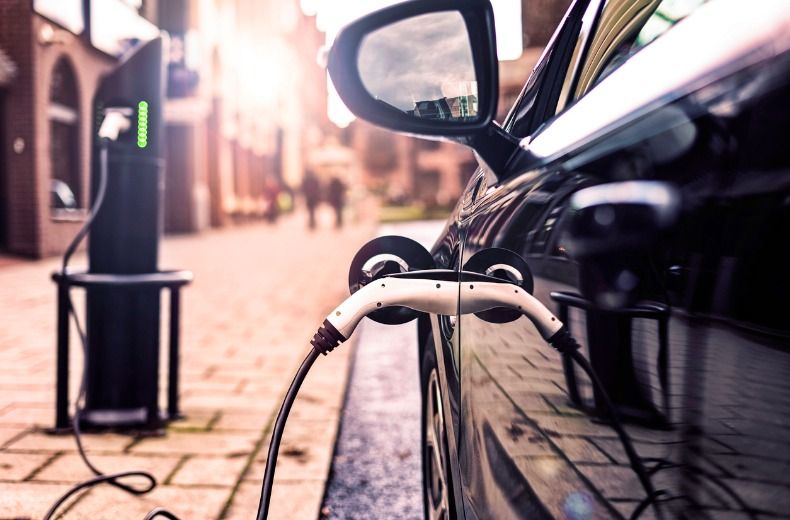The funding will go towards more than 200 low carbon projects across the country to 'get Britain ready for more electric transport', the energy regulator has pledged.
The move – part of a larger-scale £40 billion plan – will help motorway service areas and key trunk road locations get the cabling needed to install 1,800 new ultra-rapid charge points, tripling the current network.
A further 1,750 charge points will be installed in towns and cities across the UK to support drivers as the country gears towards the ban on the sale of new petrol and diesel cars from 2030.
Ofgem will direct the upgrade over the next two years, using investment from the Energy Networks Association (ENA).
RAC EV spokesman Simon Williams welcomed the 'excellent news' saying: “Widespread availability of faster charging facilities will help to give more drivers the confidence to go electric.”
Drivers across the UK will benefit from more ultra-rapid charge points thanks to the new funds, including towns and cities like Glasgow, Kirkwall, Warrington, Llandudno, York and Truro and more rural areas.
Jonathan Brearley, chief executive of Ofgem, said: “This payment will support the rapid take-up of electric vehicles which will be vital if Britain is to hit its climate change targets. Drivers need to be confident that they can charge their car quickly when they need to.
“In the year that Glasgow hosts the COP26 climate summit, the energy networks are rising to the challenge and working with us and partners to accelerate projects that can start now, benefitting consumers, boosting the economy and creating jobs.”
Transport Minister Rachel Maclean said: “I warmly welcome today’s news from Ofgem, which will greatly improve the resilience of our charging network as we build back greener.
“With more than 500,000 electric cars now on UK roads, this will help to increase this number even further as drivers continue to make the switch to cleaner, greener vehicles.”
- Electric car charging – how it works and how much it costs
- The road to electric – in charts and data
- Electric cars – a definitive guide and tips for buyers
Simon Williams added: “This is excellent news and will enable charge point operators to massively boost the number of ultra-rapid charging stations.
“It will mean EV drivers travelling long distances will be able to get to their destinations more quickly and with far less stress. We believe the closer the experience of public recharging becomes to the short time spent refilling at petrol stations, the better.
“We are playing our part in supporting drivers as they switch to electric vehicles in greater numbers, thanks to the RAC EV Boost mobile charging units being fitted to more and more of our patrol vans. In the event a driver reaches a charge point that is out-of-order we can give the battery an emergency boost to get them to the next working one, saving time by avoiding the need to be recovered.”
The RAC is leading the way when it comes to supporting drivers in the switch to electric vehicles.
An ever-increasing number of our patrol vans have built-in emergency mobile charging systems capable of giving an out-of-charge electric car enough power to be driven a short distance home or to a working chargepoint, while our All-Wheels-Up recovery system allows our patrols to safely rescue electric cars with no need for a flatbed.
Find out more about the RAC’s electric car breakdown cover.
Visit the RAC Drive Electric Cars hub
Read our guides on choosing, charging and running an electric car.

RAC sale – up to 33% off*
• Roadside cover from £5.29 a month†
• We get to most breakdowns in 60 mins or less
• Our patrols fix 4/5 breakdowns on the spot

















